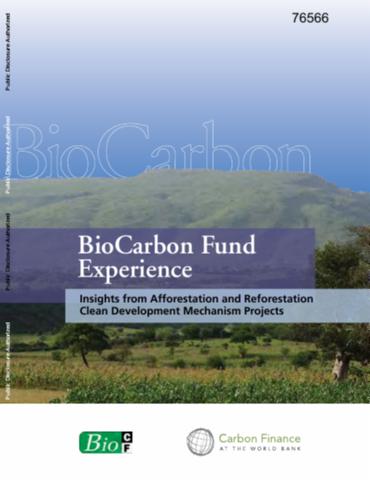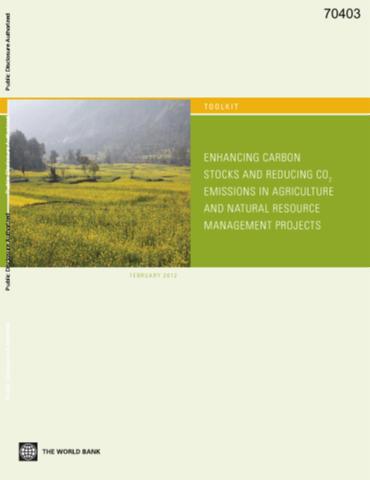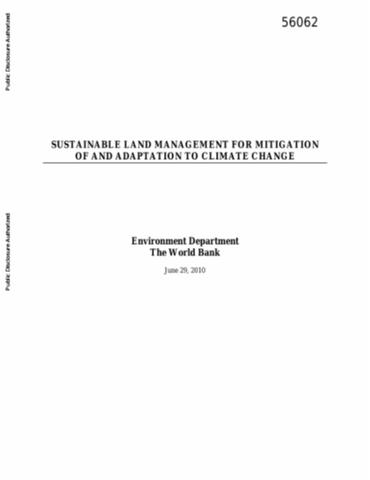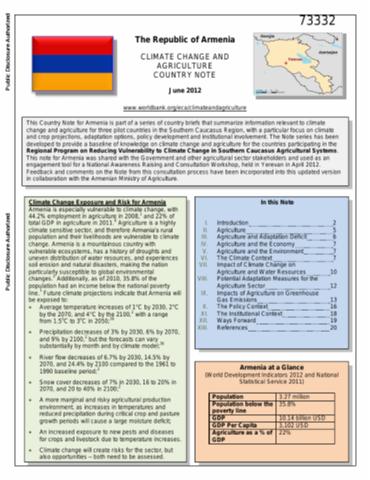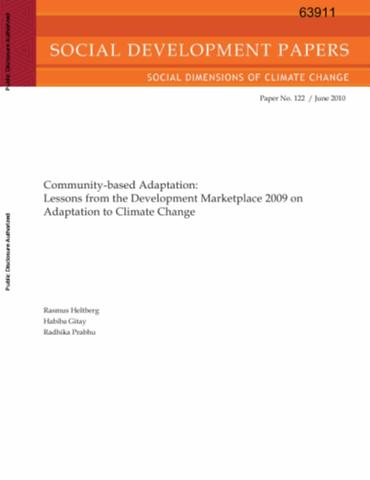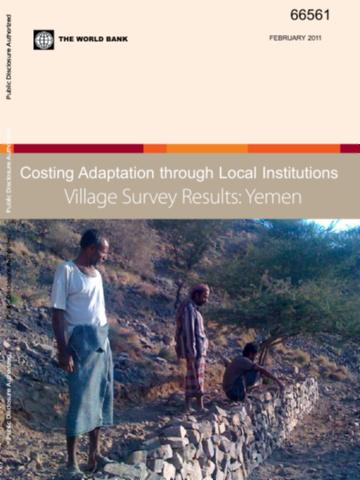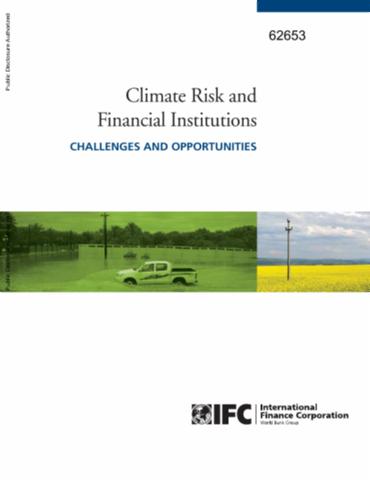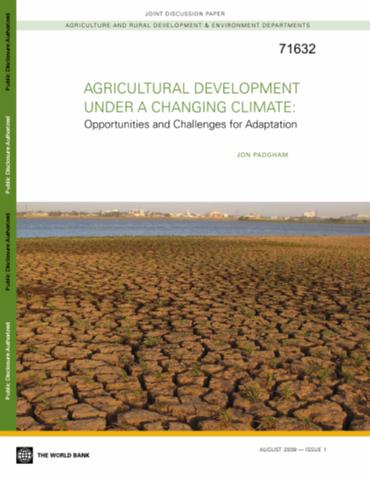Influence of temperature on biomass production of clones of Atriplex halimus
A very effective tool to combat desertification is revegetation. Promising species for this purpose are the evergreen shrubs of the genus Atriplex. The objective of the research was to study the growing responses of Atriplex halimus under different thermal regimes and to evaluate the biomass accumulation of selected clones. The test was carried out in four sites of Sardinia Island (Italy) characterized by different latitude, altitude and air temperature trends along the year. In every site, potted plants of five clones of A.


